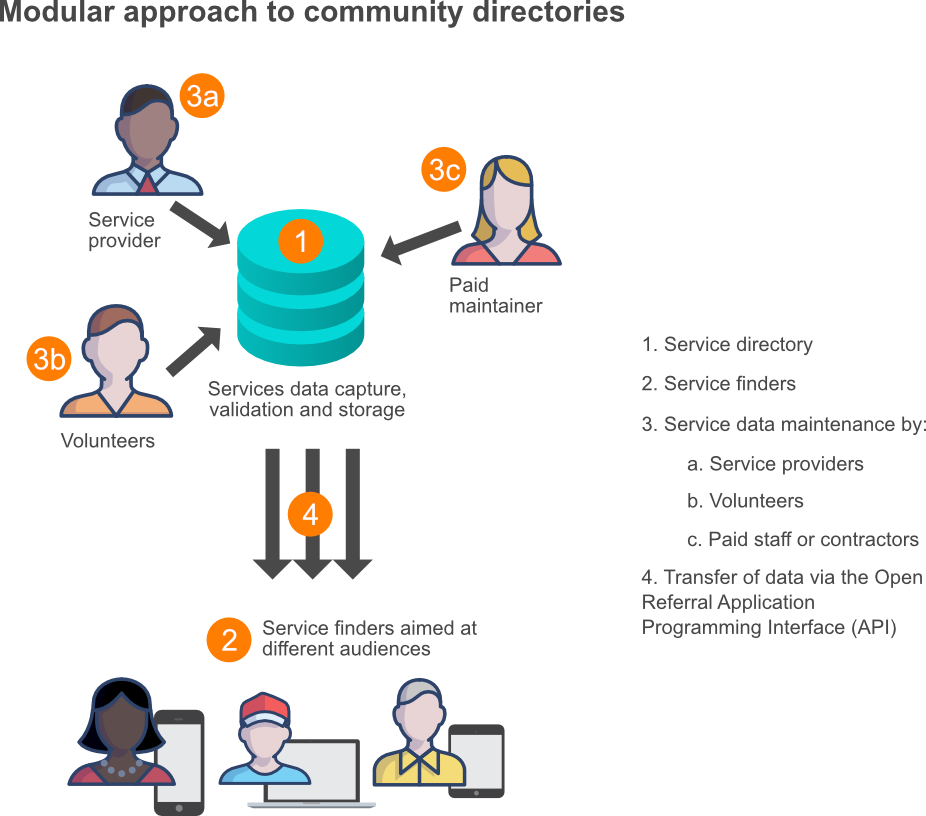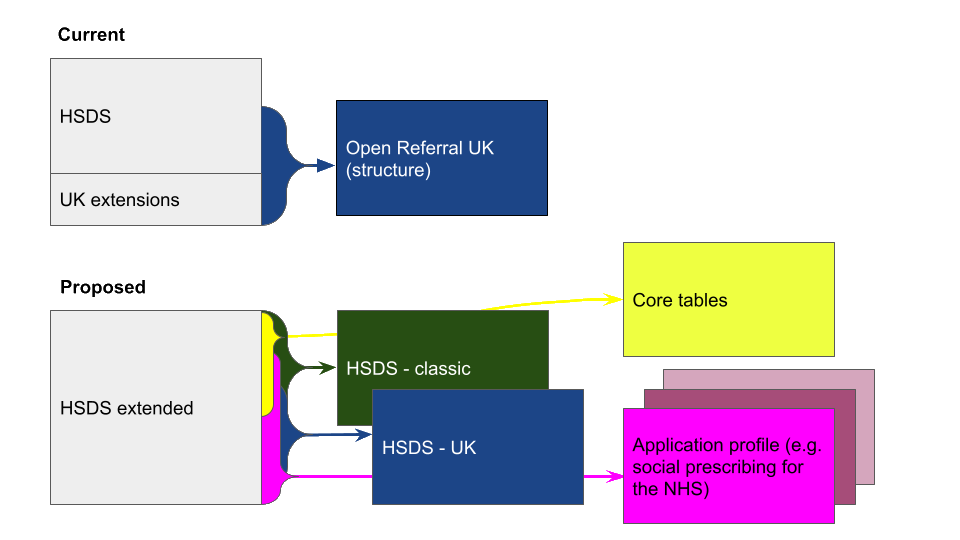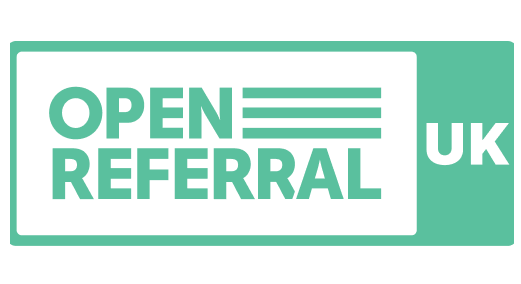Welcome back to our blog Mike Thacker of Porism Limited. Porism is a technical partner of the Local Government Association (LGA), a membership organisation of English local authorities which owns the Improvement and Development Agency for local government (IDeA). Porism also works with iStandUK, a local government standards body that promotes efficiency, transformation, and transparency of local public services in the UK.
§
On March 16th 2022 the UK Government Data Standards Authority Steering Board formally endorsed Open Referral UK (ORUK).
Endorsement means that UK central government departments should apply the standard in future for interchanging open data describing services. Though this does not amount to a mandate for use of the standard by local governments and “arms-length bodies” such as the National Health Service (NHS), it does build upon the Local Government Association’s early adoption as reported here in 2019 – and the NHS has already established requirements in its Health Systems Support Framework that Social Prescribing systems must (after a grace period allowed for adoption) be able to read from Open Referral UK compliant data feeds. These developments build upon a significant uptake of adoption in our sector among initiatives like LOOP, and encourage further alignment among related institutions.
Focus on a common Application Programming Interface
The UK has emphasised the importance of the Human Service Data Specification for information interchange via open Application Programming Interfaces (API). Hence ORUK provides tools for querying and validating API feeds and the dashboard of live feeds. As well as a means of interchange between databases, our API protocol is promoted as a means of separating a back-end database of services from one or many front-end “service finders” each of which can be styled to suit its audience and filter out just relevant services from the database.

Emphasis is on re-use of services data resulting in less wasted effort and greater quality from many eyes on the same data.
This dashboard shows open feeds of services data compliant with the ORUK API protocol, including several from local authorities. Several commercial suppliers and open source initiatives support the API and more have committed to doing so.
Aligning internationally through a shared core standard
Open Referral UK was developed as a formal extension of Open Referral’s Human Services Data Specification (HSDS) version 1.1. Hence it is backwards compatible with HSDS 1.1, but it adds some data elements to make information more detailed (such as address fields and specialized taxonomies) and removes optional parts of HSDS that weren’t considered relevant to the UK requirement (primarily social prescribing). HSDS v2.0 adopted some of the UK extensions.
From now onwards we want to ensure that internationally we are working with the same standard, albeit with different expressions of it for different use cases.

We envisage an “extended” HSDS which adds the UK tables and fields which have proved to be useful plus changes that have come from feedback over the past year. We will apply a means of defining “application profiles” to the extended HSDS for different use cases, starting with:
- Core tables – a simplified cut-down version of HSDS
- HSDS Classic – the full HSDS used in the US and elsewhere
- HSDS UK – the profile of HSDS defined specifically for use in the UK
Over time further application profiles might be developed with definitions of which tables and fields are to be used, fields which become required (although optional is the extended HSDS) and taxonomies from which taxonomy terms should be drawn.
A core set of API web methods will be defined to match those used most in the UK. The response formats to web methods will vary a little between application profiles to match the fields used in those profiles.
This approach, along with proposals for better alignment of communities and the tools we use, are all up for discussion before anything is formalised. That discussion has begun in the UK forum.
We’d welcome feedback on this process of specification alignment – and/or interest from new parties who might want to pilot the standard in their community. Please get in touch and email [email protected] with inquiries.


Leave a Reply